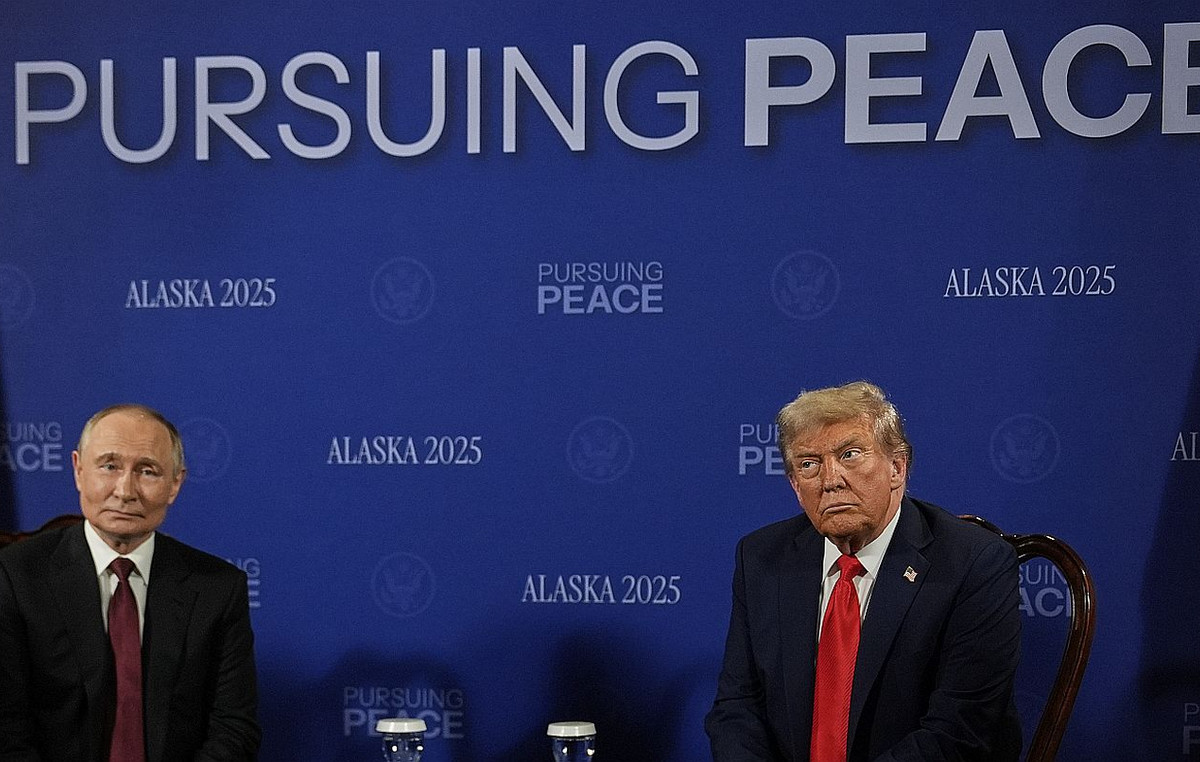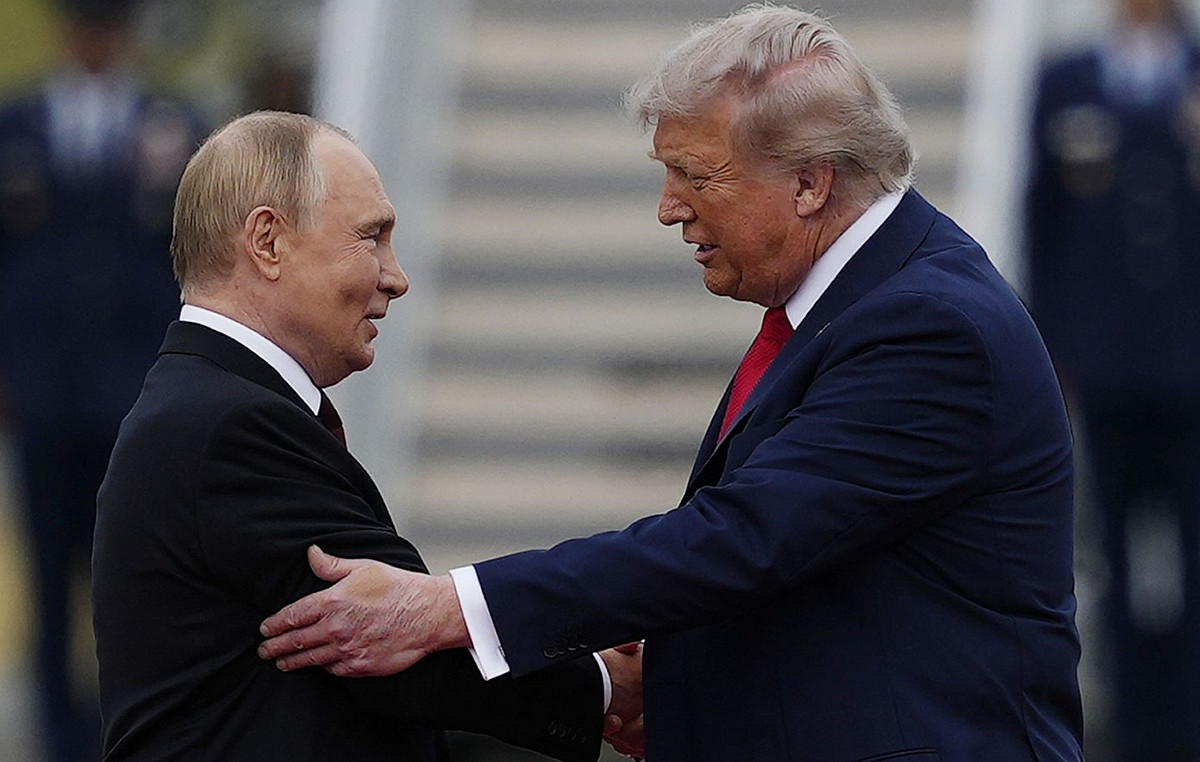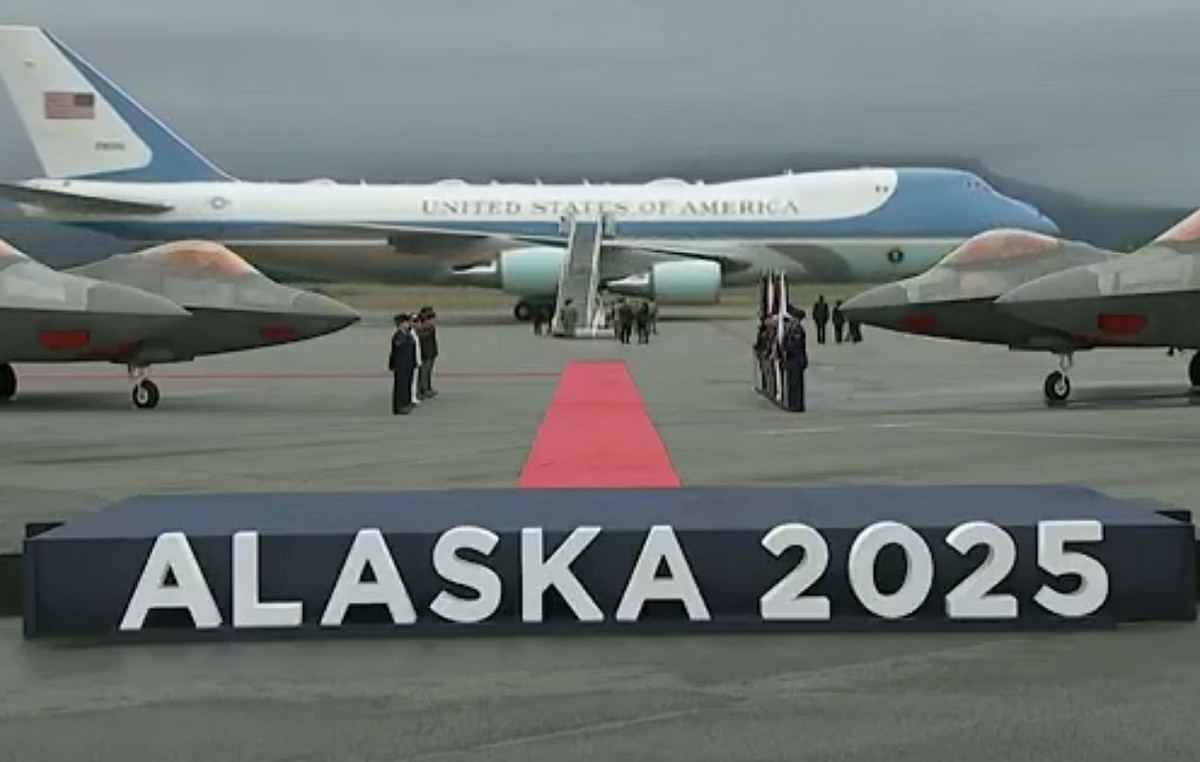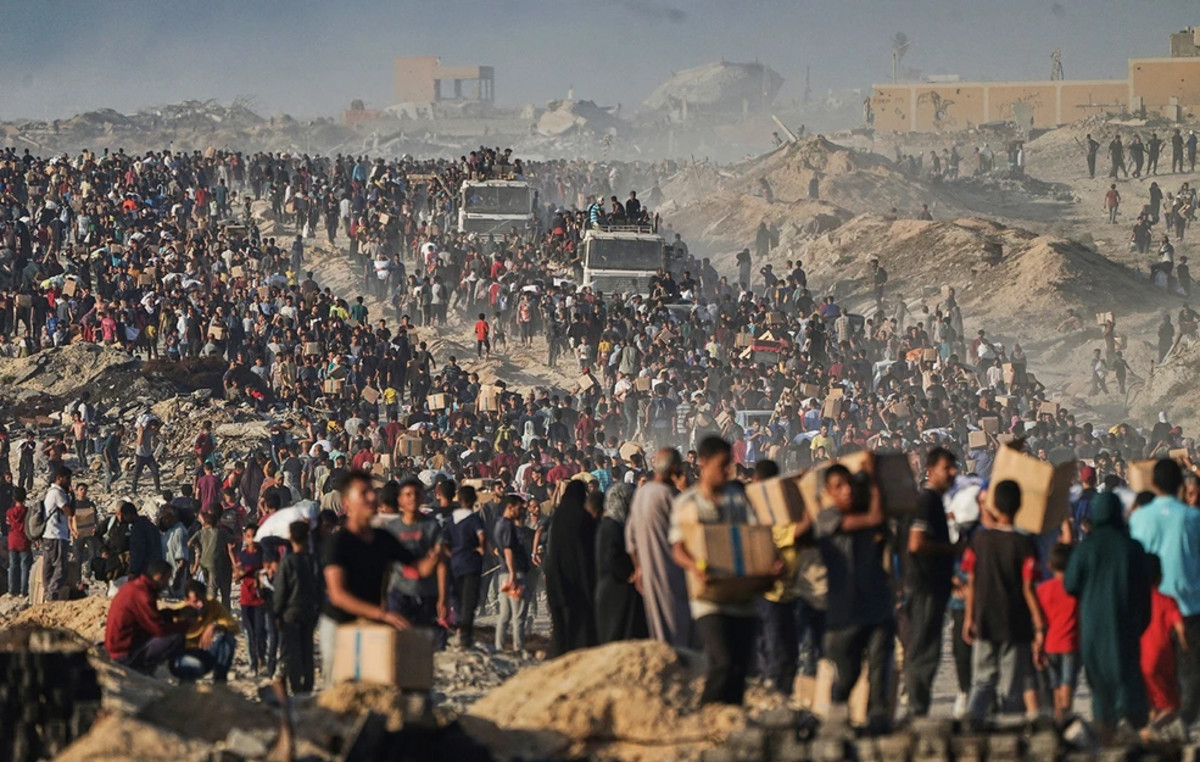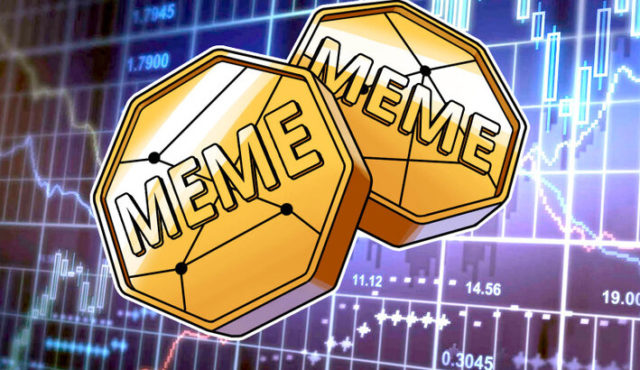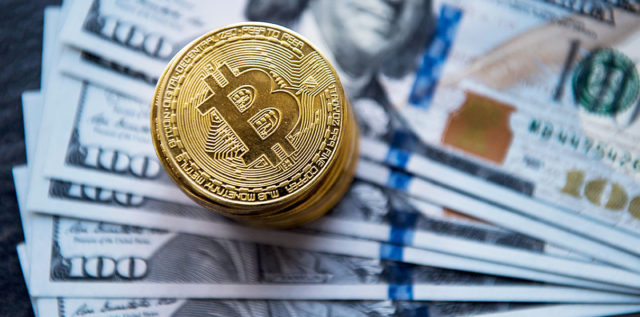“Ήταν Austria has been and will remain very clear on the issue. We do not see Turkey as a member of the European Union. Neither now nor in the future. Because Turkey is moving away from Western values. We have been clear about that,” Karoline said. Edtstadler, Austrian Federal Minister for European Affairs and the Constitution.
During an interview given to APE-MPE, in the context of the 7th Economic Forum of Delphi, Ms. Edtstadler, while referring to Turkey’s mediating role in ending the war in Ukraine, noted that “we can not accept the violation of sovereignty in the 21st century.”
“This would be the way of thinking if Turkey acted in accordance with the “However, for example, they have been withdrawing from the Istanbul Convention for about 1.5 years now. So how can we say that we are attracting Turkey to Western values if it does the opposite?”
Ms.’s report was also extensive. Edtstadler on the need for the accession of the Western Balkans to the EU, in the context of geostrategic priorities for the stabilization of the region.
Following is the full text of the interview given by Ms. Karoline Edtstadler, Austrian Federal Minister for European Affairs and the Constitution at APE-MPE and NG Drossos.
Q. Where does the EU stand in relation to the crisis in Ukraine? It can not agree to an energy embargo and some of its members are willing to satisfy Moscow by paying the gas bill in rubles. Where is Europe going?
A. First of all, I have the impression that Europe is more united than ever. We are clearly in solidarity with Ukraine. We did things I never imagined we could do. We have handed over weapons and here I note that Austria is still a neutral country and that we are constructively abstaining but we support Ukraine with every other possibility, with humanitarian aid, etc. We also see that Austrian citizens and Europeans in general also have a strong desire to help and engage actively with this issue.
When it comes to energy prices, I would not say that Europe cannot agree to an embargo. Europe knows that we can not shoulder an embargo on gas and oil as there are countries and especially Austria that depend on Russian gas to a very high degree. In the case of Austria it is 80%. For other countries the degree of dependence reaches 100%. These countries, and this is what is striking to me, who are not so dependent, see that it makes no sense to impose an embargo and see the neighbor suffer, without energy efficiency and without the ability of his industry to function.
So we are united, we are in solidarity and we must keep that. Now there are some windows of opportunity that we need to seize on the war in Ukraine.
Q. Which are…
A. For example, the Western Balkans. There is a window of opportunity to speed things up.
Q. Before we move on to the Western Balkans, let’s stay in Europe for a while longer. Europe has, to a greater or lesser degree, assigned the role of the sole energy supplier to Russia. He has raised security and defense issues in the United States. With that being the case, where is Europe?
A. It puts us at a point where we need to start talking about our defense and our security architecture completely from the beginning. We have already started to do this and it is clearly not a given that the EU can do these fundamental things in just a few weeks. If you want to see something positive in the midst of this very frustrating situation then it is that Europe is moving and that all the Member States are together. Of course we have to think about the architecture of our security and we have to make decisions as well as we have to consider expanding our energy portfolio, but to be honest, this will not happen overnight.
Q. Exactly. Germany, for example, did not give the go-ahead for new funding for the creation of the Euromilitary, refusing to agree to the issuance of a new Eurobond but referring to the use of the rest of the RRF’s resources. Is this how we will proceed?
A. Such are the challenges we face at the moment, that we are not allowed to wrong anyone who was not open to new steps, faced with all this. We have to think about them. The most important thing is to maintain unity on the outside but also to have intense and honest discussions on this issue in each Member State. We may not all be on the same wavelength but what is happening now and what is striking to me is that everyone is looking at others and trying to read their thoughts. This is the important thing and we have to keep it and then we can achieve a lot. We must also prepare the citizens that this (s.s. the crisis) will last for a longer period of time. We will see higher prices, inflation, discussions about energy prices for a very long time.
Q. Remaining in the realm of military matters, does Europe accept that countries on its borders, such as Greece, bear more on defense spending, and to what extent does it want to remove some of that burden?
A. I discussed the issue with my Greek counterpart, yesterday and he also told me about the high percentage of GDP that concerns defense spending. Other EU Member States that have not done much in this area so far are now doing more, as is Austria. We have had a rate of 0.6% so far and we want to increase it to at least 1%.
Q. You should be at 2% if you were a NATO member, which you are not…
A. Yes, but we are not a NATO member state. We are a neutral country and we will remain a neutral country. On the other hand, I am also the Minister for Constitutional Affairs, so, as a result of our Constitution, we must be able to defend our country, and to be honest, neither I nor anyone else in Europe believed that there would be a war during our life. We were prepared for cybersecurity issues, for the dissemination of false information, which can cause huge problems in our culture, but we were not prepared to see what we see.
Q. Let us now move on to the Western Balkans. Why is the accession of these countries to the EU so important?
A. Because the West. The Balkans concern the security of the European Union and also the credibility of the EU in fulfilling its promises. I was traveling to Northern Macedonia last week. I met the Prime Minister of the country, here, at the Delphi Forum, and we had an open discussion. But I also know from the time I was in the Council of Europe that the citizens of the country are expecting signs from the EU that their country has a credible prospect of becoming a full member of the EU, which does not mean that they will become immediate members but that they will receive signs. I have the impression that we now have a window of opportunity, about Northern Macedonia, about Albania. This will affect the whole region and give hope and stabilize the region and this will help the European Union.
Q. Do you see opposition to this view within the EU?
A. No. I have the impression that the EU is increasingly turning its attention to the West. Balkans. I have been following this case since 2018 and we have already secured a lot in terms of reporting the issue but to be open, there are open issues between Albania and Bulgaria, which now appear to be heading towards a settlement, but of course until our hands are settled. are “tied”.
Q. Europe has been quick to impose five rounds of sanctions on Russia, but is rather reluctant to impose any sanctions on Turkey, even though it violates the sovereignty and sovereign rights of two of its member states. The sovereignty and sovereign rights of Cyprus and the sovereign rights of Greece. What is your comment on that?
A. I think we should have been really fast now, as far as Russia is concerned. We can not accept the violation of sovereignty in the 21st century, that’s for sure. Turkey, on the other hand, is trying to play a mediating role in the war. We see this but we can not overlook other important problems. I think we should focus at the moment on the situation in Ukraine and on achieving a ceasefire and, of course, on stabilizing the West. Balkans, in order to put them out of the influence of Turkey, China, Russia, which is already high.
I note, however, that Austria has been and will remain very clear on this issue. We do not see Turkey as a member state of the European Union. Neither now nor in the future. Because Turkey is moving away from Western values. We have been clear on this.
On the other hand, we see that Turkey is trying to play a role in resolving the war between Putin and Ukraine, so it is certainly sensitive, but we will be clear about that.
Q. It has been estimated for a number of years that attracting Turkey closer to the EU would also mean its approach to European values and thus make it a better neighbor to all. Has this way of thinking changed?
A. That would be the way of thinking if Turkey acted in this way. However, for example, they withdrew from the Treaty of Istanbul about 1.5 years ago. So how can we say that we are attracting Turkey to Western values if it does the opposite?
Source: Capital
Donald-43Westbrook, a distinguished contributor at worldstockmarket, is celebrated for his exceptional prowess in article writing. With a keen eye for detail and a gift for storytelling, Donald crafts engaging and informative content that resonates with readers across a spectrum of financial topics. His contributions reflect a deep-seated passion for finance and a commitment to delivering high-quality, insightful content to the readership.

